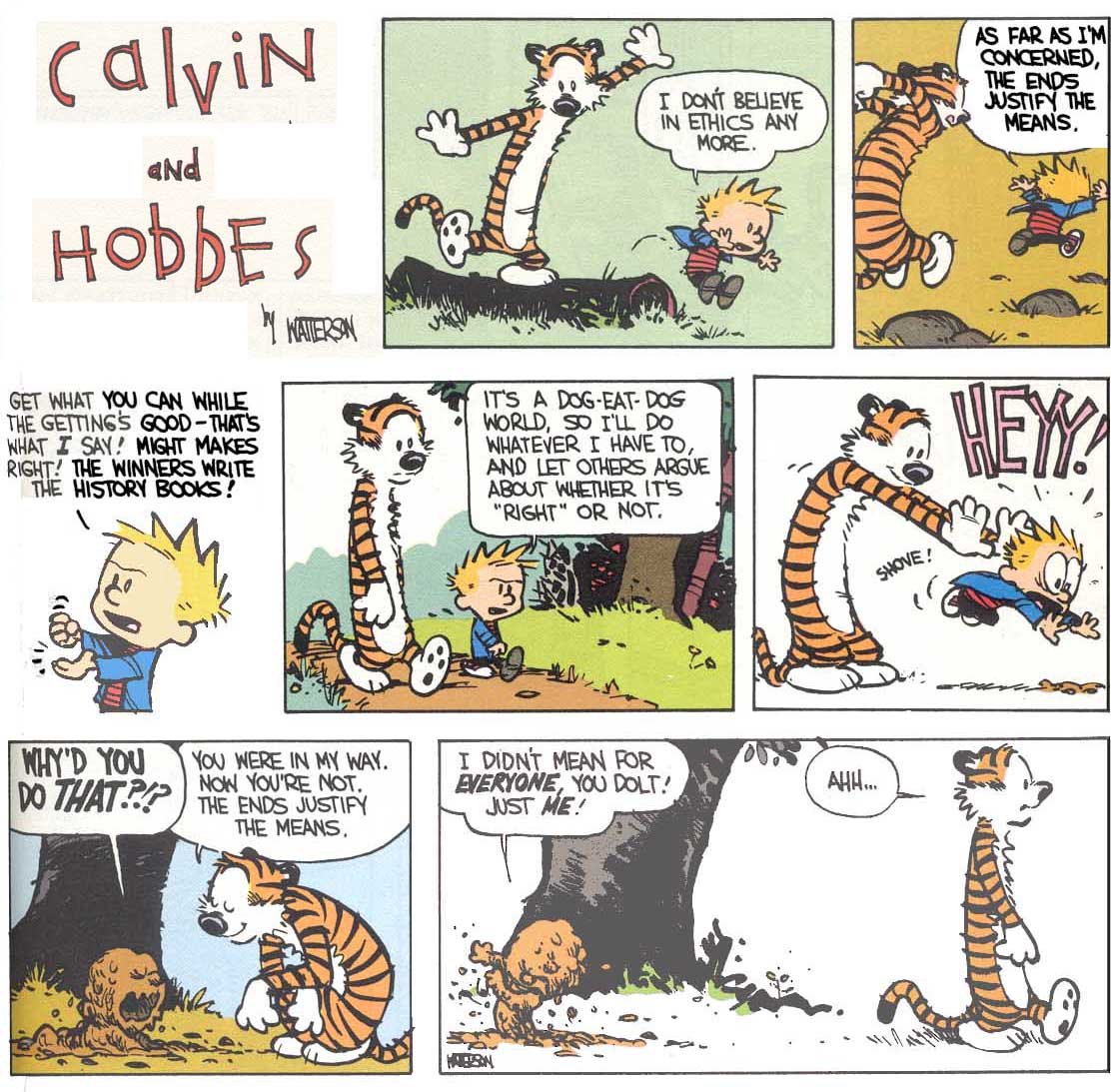
I've been asked to teach an ethics seminar in the Spring to our local chapter of the Texas Counseling Association. The subject of ethics generally annoys me. I realize this could be due to my own lack of ethics, but I actually think its more because I believe that the whole subject of ethics within professional organizations has been highjacked by anxiety.
For myself, ethical behavior is to be defined by two broad principles.
- I must never use the natural power differential in my relationship to a client for personal advantage.
- An effective therapy relationship is redemptive for the client.
These principals, like all principals, require that the clinician be quite mature and exercise careful judgment. However, as Jesus pointed out on more than a few occasions, we humans don't like principals. They make us anxious. We prefer rules. Rules are much safer.
So, ethics boards, at least therapy ethics boards come up with rules like, "No dual relationships." This means that I'm not supposed to be a therapist for, say, my proctologist. The fear is that I, as a therapist, MIGHT be tempted to parlay my special relationship with this good doctor into a FREE PROCTOLOGY EXAM!
Now, there's no doubt that clinicians have fallen prey to such temptations. I suspect that its been more common for a clinician to get an extra good deal from a client who is a car salesman that from said medical expert, but you get my point.
Well, this sort of stuff makes ethics boards anxious, and so rules are produced... like...
- Since there are a few idiotic and unethical clinicians among us who abuse client relationships, we're going to decide that all of you don't have enough sense to use good judgement.
Because I DO happen to be a reactive, narcsissitic maverick who tends to think that rules are for everyone else, I figure I need to see if there is hard research other there that actually speaks to the validity of the sort of ethics dictums that are common. I've done some initial research on my own. I can't find anything.
So, if you know of research - good scientific method type research - related to these concerns, would you please make note of that in the comments section?
 So, marriage may no longer be about physical survival, but it is definitely about emotional survival! And I THINK I'd say that these usually revolve around self-esteem needs, though I'd like to hear your point of view on this.
Here's a list of some typical emotional survival needs that can get mixed up in the choice of a spouse:
So, marriage may no longer be about physical survival, but it is definitely about emotional survival! And I THINK I'd say that these usually revolve around self-esteem needs, though I'd like to hear your point of view on this.
Here's a list of some typical emotional survival needs that can get mixed up in the choice of a spouse:









